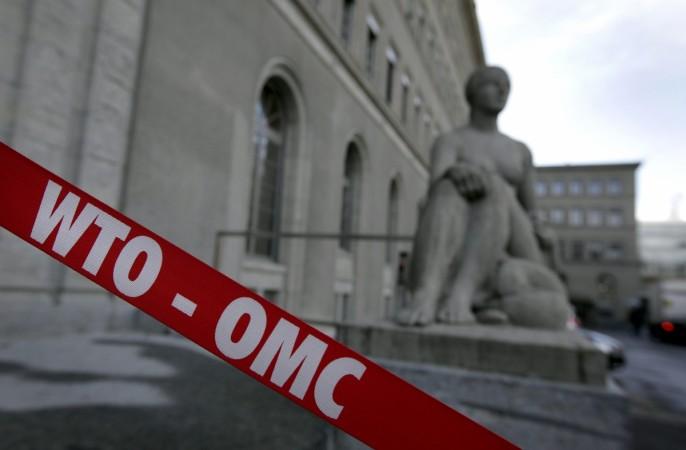
Holding a violation of commitments by the U.S. in the World Trade Organisation-monitored GATS (general agreement on trade in services), India has now lodged a complaint with the trade organisation's dispute settlement body.
The agreement that treats people and businesses of either country on par with their own citizens, working in identified areas of services sector, India claims has been violated time and again.
The recent two-fold hike in the U.S. visa fee for temporary immigrant workers (categorised as H1B and L1), and the number of such visas apportioned each year have grown to be the sticking points in India-U.S.' relations.
The biggest beneficiaries of these types of visas have been Indian residents given that the country services a huge percent of U.S.' information technology and software services industry from off shore. Naturally, at times necessitating a travel by a few specialists every year on what is popularly called the onsite visit. According to the Financial Times reported that such restrictions on visa are unfair and at the same time impede the ability to compete.
However, a few in the U.S. accuse the Indian industry of misusing these visas for body-shopping on U.S. soil, replacing skilled U.S. worker with a cheaper Indian engineer. A probe by the U.S.' Department of Justice found that this accusation lacked sufficient evidence, reports the Economic Times.
At the same time, Nasscom (National Association of software and services companies), the industry body, had reported that Indian companies often complain that their businesses are repeatedly targeted as a revenue source to fund unrelated programmes in the U.S.
As this constant haggling over work permit continues, the Indian government Friday, March 4, raised a consultation at the multinational level, indicating the dispute requires world attention and a proper redress. Such consultation, however, is the first step where the warring parties could negotiate bilaterally. Failing which, "India has the right to ask the Geneva-based arbiter of trade disputes to rule on its complaint," reports The Wall Street Journal. It quoted Andrew Bates, a spokesman for the U.S. Trade Representative, as saying that "the agency is 'confident' that the new visa legislation 'is fully consistent with our WTO obligations.'"
As Nasscom welcomed the Indian government's decision to complain to WTO, calling for a resolution on such discriminatory treatment, U.S. Congressmen have questioned the timing of India's complaint given the imminent Presidential elections 2016.

















